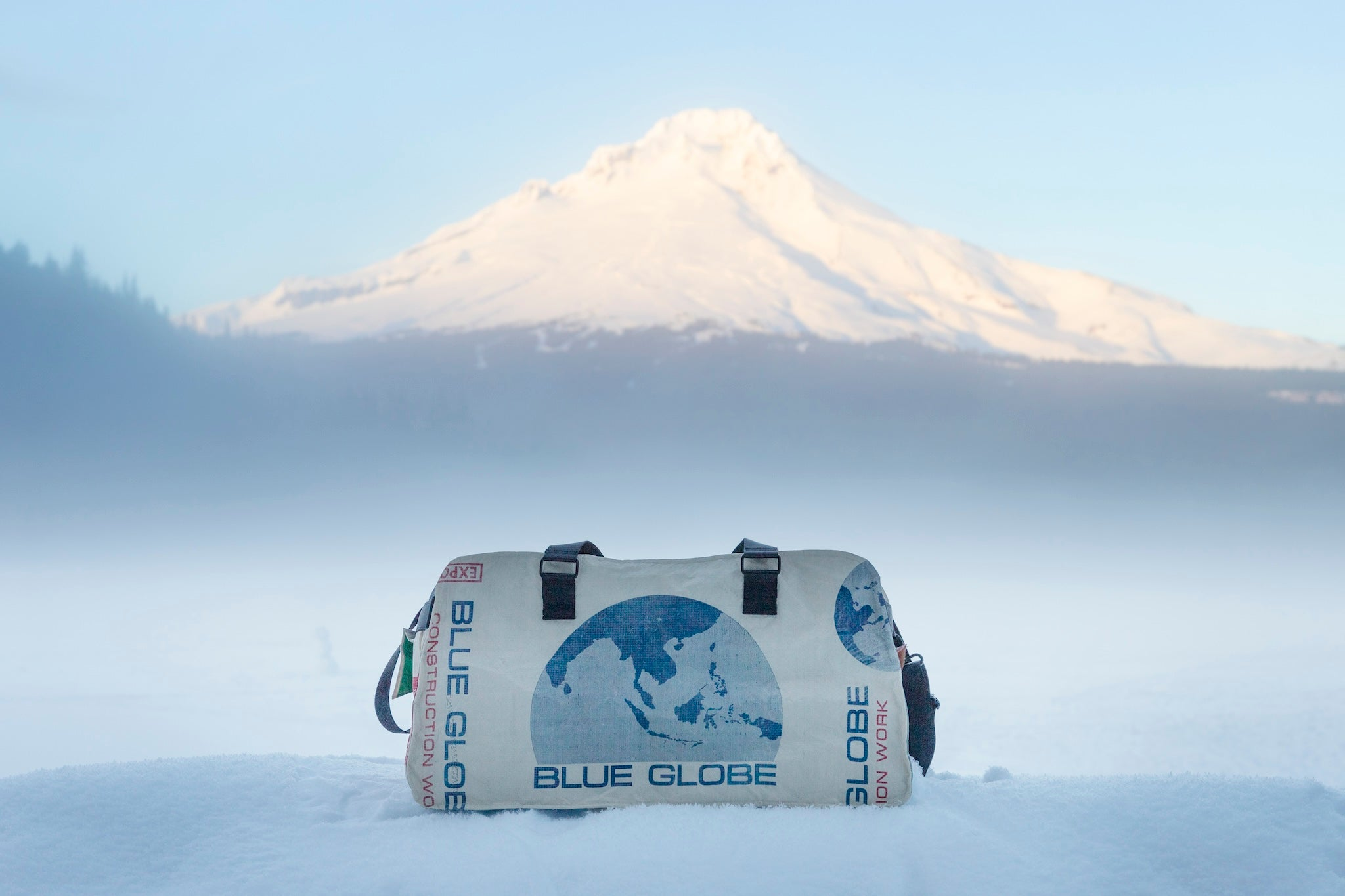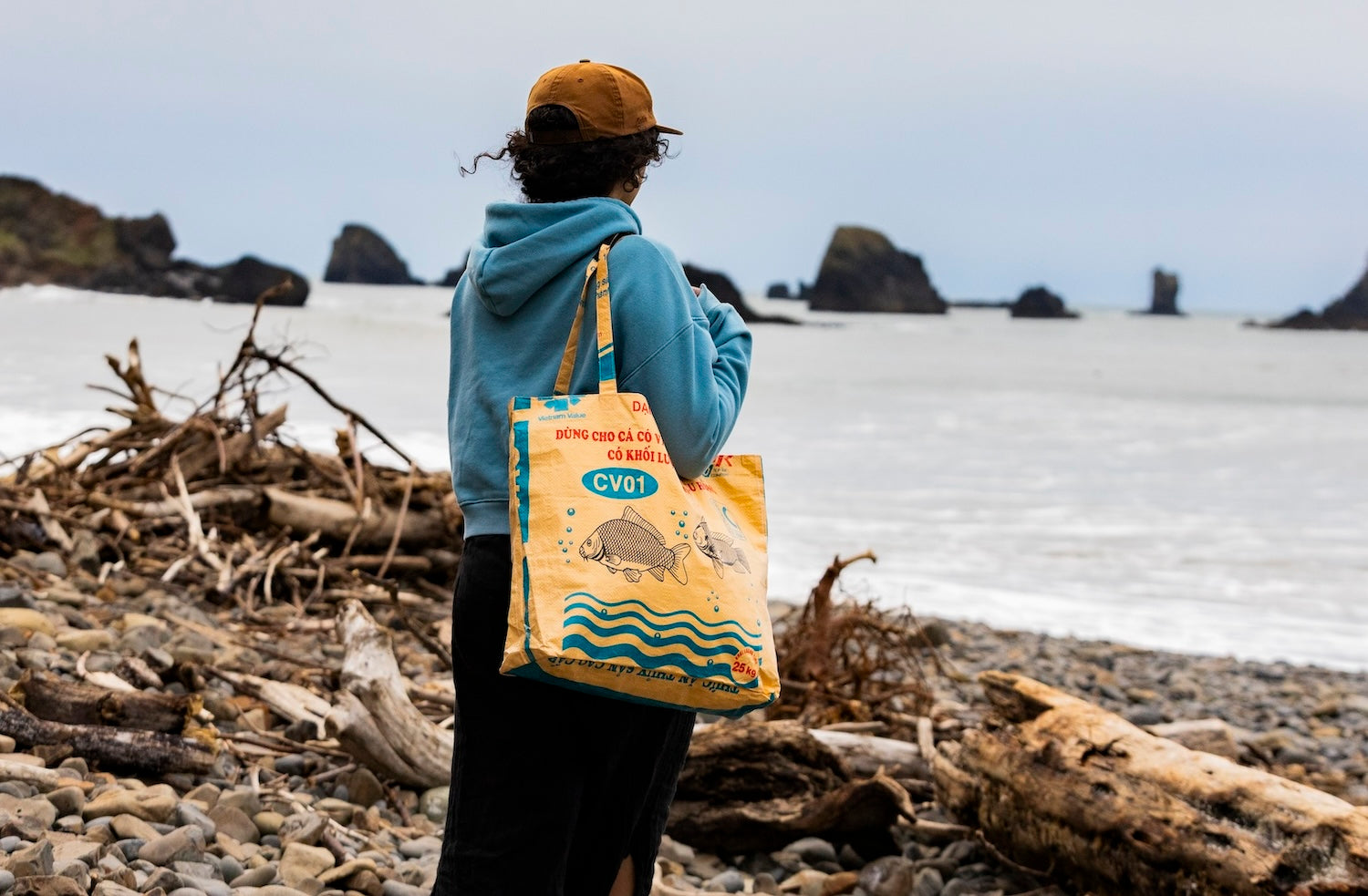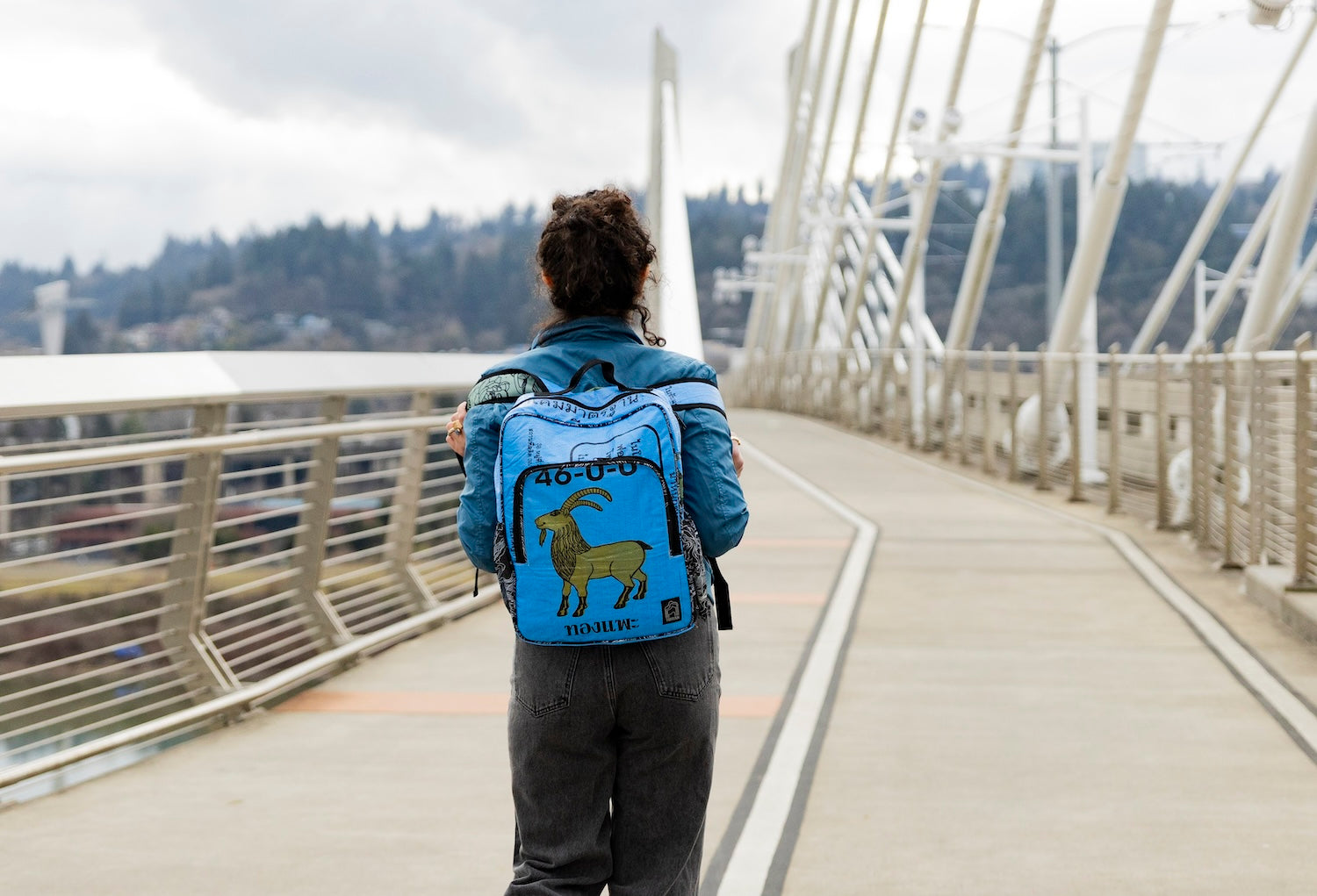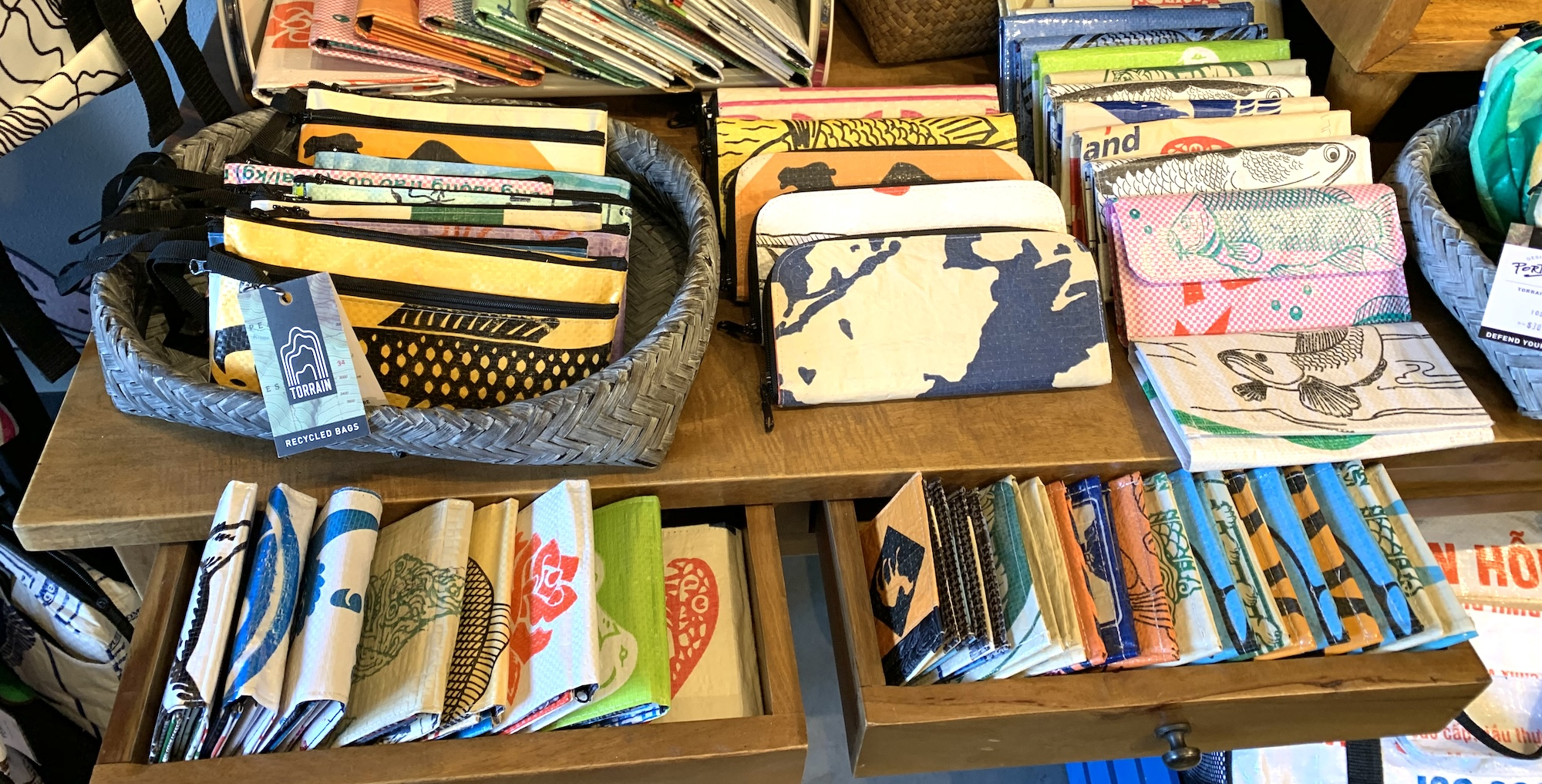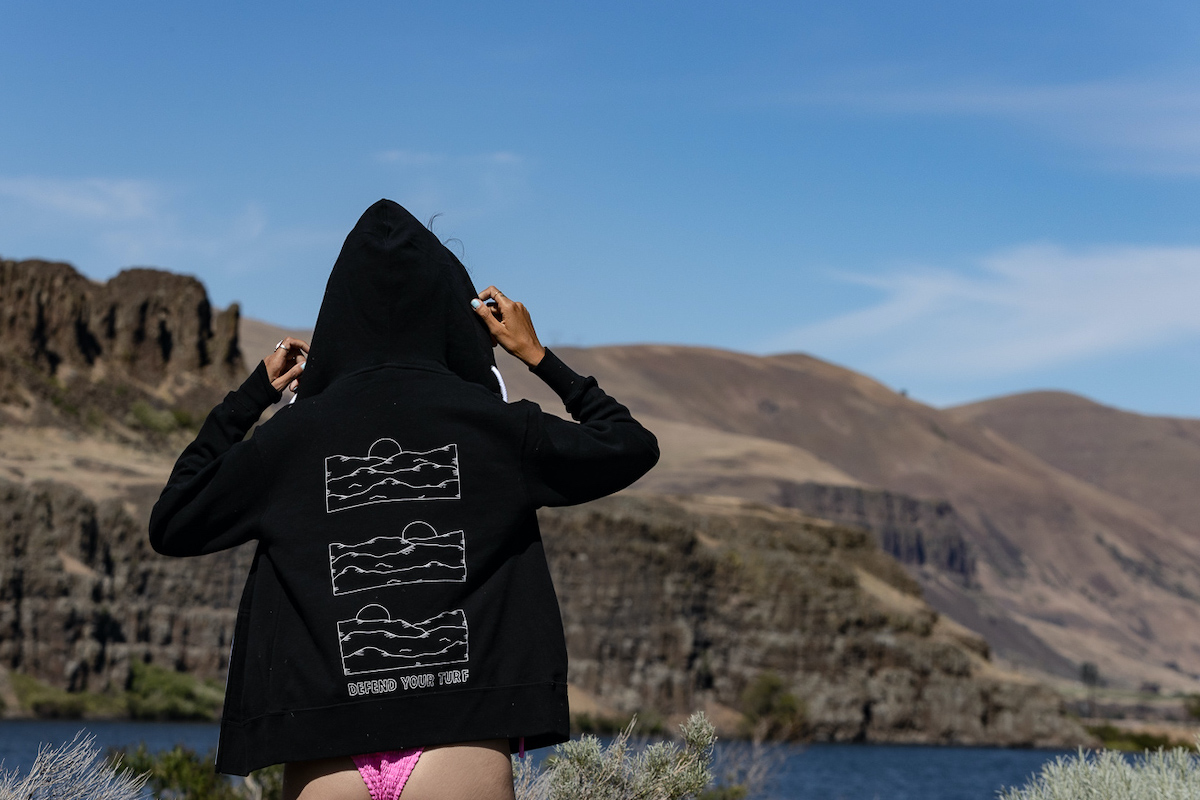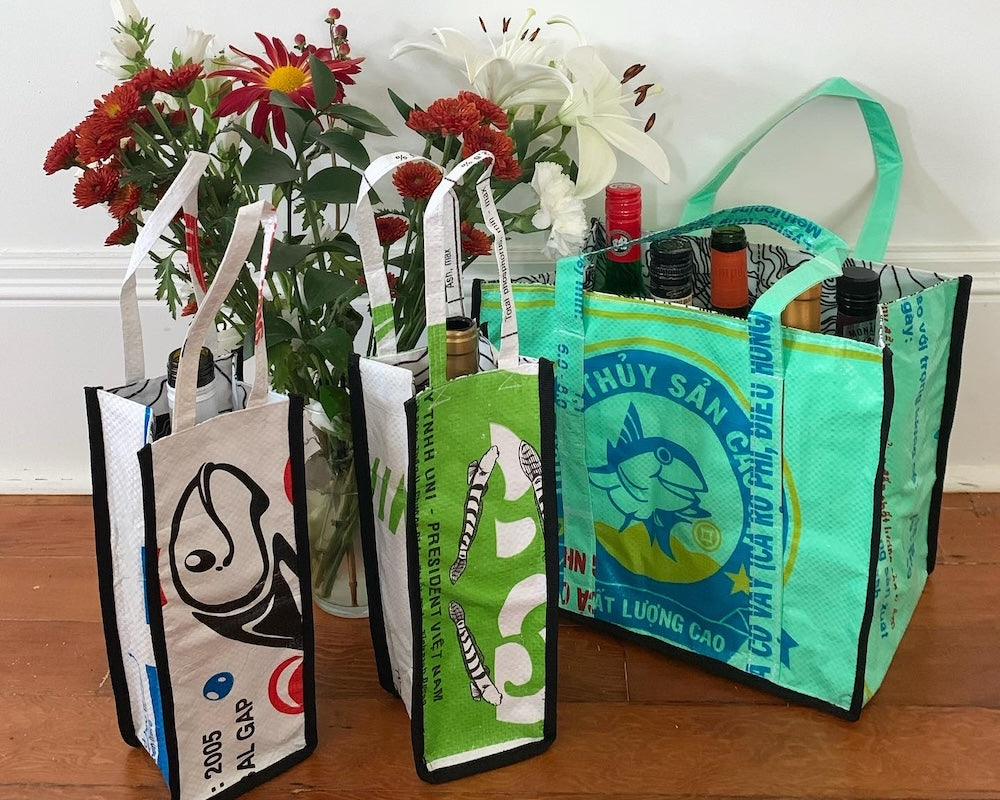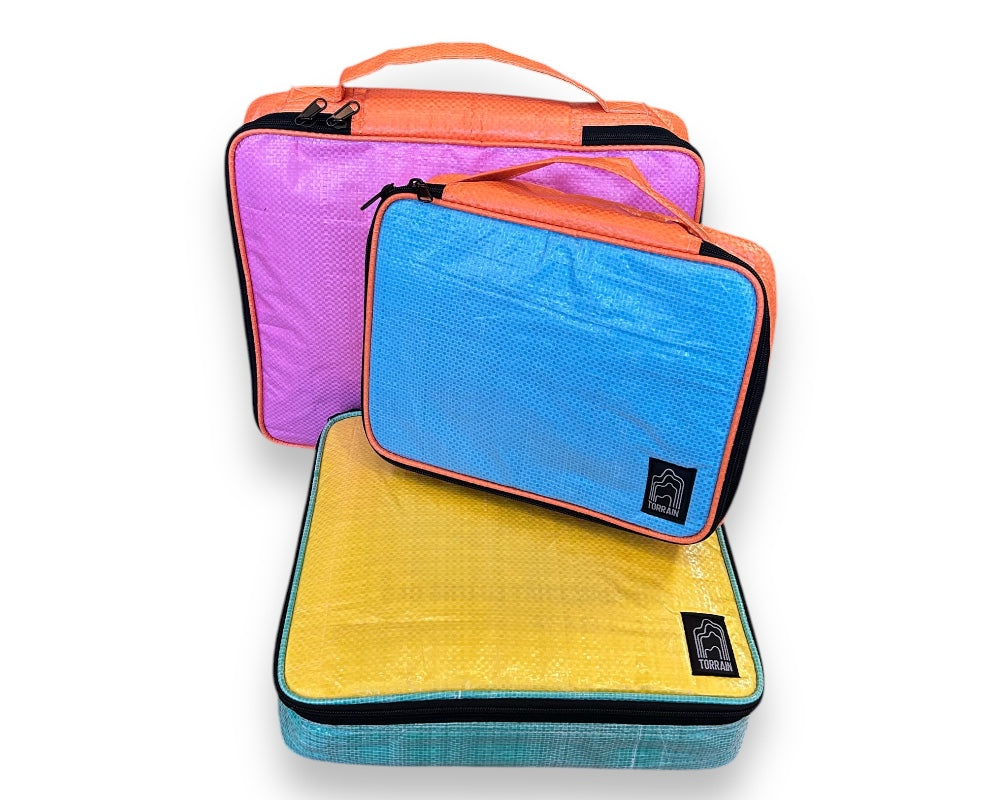Packing light isn’t about giving things up. It’s about clarity. For eco-conscious travelers, smart packing means moving with ease, cutting friction, and staying organized, without wasting space, time, or materials. Here’s how to pack responsibly and efficiently while keeping your load light, your impact low, and your trip stress-free.
Know the Rules Before You Pack
Before your suitcase even hits the bed, take five minutes to confirm your bag is within the allowed carry-on dimensions. Airlines don’t play nice when your bag’s an inch too long or two pounds too heavy. And it’s not just about fitting in overhead bins. Tight packing within regulated limits helps you make hard decisions early: what goes, what stays, and what’s dead weight. The right bag size makes airport moves cleaner, faster, and cheaper, without checked-bag drama.
Travel with Gear That’s Built to Last
Your bag isn’t just a container, it’s your first signal to the world. Make it count. TORRAIN offers duffel bags built from reclaimed materials, designed to last, and built for movement. Lightweight, rugged, and rain-friendly, they balance form with function without compromising on ethics. When your gear aligns with your values, your packing doesn’t just work better, it feels better.
Clothing That Works Double Duty
The jacket you only wear once? Leave it. The pants that dress up or down, wick sweat, and hold their shape? That’s your move. Pack clothing made from wrinkle-resistant performance fabrics that earn their keep across multiple days and scenarios. These materials stretch, breathe, and pack small, so you look sharp, feel good, and avoid digging through a crumpled mess. If it can’t survive a layover or a long day walking, it doesn’t belong in your bag.
Use Cubes, Not Chaos
If everything's loose, nothing makes sense. Eco-friendly packing cubes bring order without adding bulk. Think of them as internal luggage lanes: one for tops, one for socks, one for tech. They compress when needed and keep categories clear, making it easy to unpack or reshuffle without exploding your whole setup. Choose cubes made from recycled or sustainable fabrics and stop your gear from sliding into a tangled avalanche.
Don’t Bring What You Can Replace or Refill
Overpacking starts with “just in case.” Instead, pack what you’ll refill, reuse, or repurpose. Travel toiletries? Go small or solid. Use a refillable spray bottle for multipurpose cleaner. Ditch single-use plastic for reusable utensils. And for the love of weight, don’t carry three pairs of shoes. Focus on basics that punch above their category and limit disposable travel gear. If you won’t use it twice, leave it behind.
Digitize Your Travel Brain
All your bookings, IDs, confirmations, and emergency docs? Keep them digital, local, and backed up. Before the trip, combine your files, shrink them down, and create PDF files you can access on or offline. Bonus: no paper, no clutter, no “where’s that printout” panic at customs. And when everything’s on your phone (and in the cloud), it becomes a whole lot easier to reset, rebook, or reroute on the fly.
Tech That Earns Its Weight
Skip the “just in case” gadgets. Do you really need that DSLR, backup tablet, and second battery bank? If it won’t be used daily, leave it. Focus on a clean kit: phone, charger, adapter, and maybe a fold-flat keyboard. Use a minimal travel tech setup that keeps you light, powered, and flexible. Less tech means fewer cords, less to break, and more space for what really matters, like snacks.
Sustainable travel starts long before takeoff. It begins when you choose what to bring, and more importantly, what not to. Every zip, roll, and cube is a chance to pack with intention and travel with less drag. From the clothes on your back to the tech in your pouch, smart packing is about staying light and staying ready. Cut the noise, skip the extras, and carry only what keeps you moving. Because the less you pack, the more space you leave—for the world, for the moment, and for yourself.
By guest author, Maggie Berry


